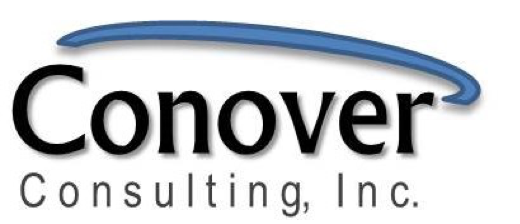Incentive Psychology 101: How Rewards Can Impact Employee Motivation, Satisfaction, and Performance
In a recent article, I explored different ways cash-strapped employers can incentivize their people with rewards other than cold hard cash. Now, I’d like to take a deeper dive into various alternatives to see how they work, how well they work, and the environments in which they work best.
Incentive Theory: A Definition
Why do we do what we do? And can our behavior be manipulated, for good or ill? This is a question that has challenged scientists and philosophers for centuries. One school of thought holds that people behave as they do because they are programmed so from birth. Example: An altruist is charitable because her genes command her to be so. A workaholic is compelled to be productive based on his biology. This is called Instinct Theory, and it shares many attributes with Determinism, which has received much publicity in recent months due to the publication of Robert Sapolsky’s best-seller Determined: A Science of Life Without Free Will.
Challenging Instinct Theory is Arousal Theory. It posits that we pursue goals providing us with the optimal amount of mental stimulation. (What is “optimal” varies from person to person.) In other words, we go after activities we find exciting and interesting and avoid those we find dull and boring. (A lot of us can probably relate to this!)
The third major school of motivational thought, and the one we’re most concerned with, is Incentive Theory. Proponents argue that people naturally seek rewards and avoid punishment. Therefore, you can motivate people by either promising them something they want (the “carrot”) or threatening retribution should they fail (the “stick.”)
Incentive theory gained popularity in the mid-20th century due to the work of behavioralist B.F. Skinner, and psychologists Clark Hull and Frederick Herzberg. While they and their followers all had somewhat different takes on the concept, they nonetheless agreed external forces were more reliable motivation levers than internal ones.
All About Rewards
When it comes to Incentive Theory, rewards can come in many shapes and sizes. In the world of business, cash is the first one that comes to mind. But as we discussed in July, not every company is in a position to reward top performers with significant raises or big bonuses.
Happily, they can turn to such perks as leadership positions, increased autonomy, greater work flexibility, awards or other forms of public recognition, goodies such as larger offices, access to executive facilities such as high-end washrooms, gyms, and dining facilities, or the granting of special privileges, such as more work-from-home days, vacation, etc. But perhaps the most powerful incentive of all is the chance to do the kind of work a person actually wants to do, to gain knowledge and skills, and to grow as an individual.
The fact is, many studies have shown that not only is money a poor motivator, it can actually be counterproductive. Yes, the promise of financial rewards can spur some to perform certain tasks, but like a drug, money can lose its thrill quickly, forcing the employer to offer more and more cash just to trigger the same “high” in the recipient.
And like with drugs, someone only motivated by cash can engage in dangerous or even illegal behaviors such as corner-cutting, reckless risk-taking, lying, and law-breaking to reach the goal to trigger the reward. (Many of the factors leading to the Great Recession of 2008-2009 were tied directly to cash rewards being offered to people willing to engage in such behaviors.)
On the other hand, incentives providing workers with greater recognition, autonomy, and work satisfaction have been shown to be extremely powerful motivators. Companies that offer these kinds of non-monetary incentives tend to perform better and have much less employee turnover. And unlike monetary incentives, the actual cost of these rewards can be quite minimal.
Credible Incentives
A successful incentive workplace program should feature the following:
The reward must be specific.
The reward must be attainable.
The reward must be of obvious value to the employee.
In other words, your staff must know what they’re working towards, they must believe their goals can be achieved, and they must believe the rewards are worth the sacrifice being asked of them. As in Arousal Theory, perks in Incentive Theory can vary, so it may be necessary to offer a spectrum of awards to ensure such a program works across a wide and varied workforce.
It is also helpful that your company has a mission that goes beyond the mere making of money. (It should come as no surprise that some of the most motivated personnel are those who work for charitable or non-profit organizations, people who are dedicated to a cause rather than the pursuit of the all-mighty dollar.)
Ultimately, the type of non-monetary incentives optimal for your company depends on the nature of your business and its corporate culture. That’s where I can help. As a corporate culture and compensation expert with years of experience, I can help you design, implement, and manage a non-monetary incentive program empowering you to get the most from your staff.
For more information, contact me at laura@conoverconsulting.com.

